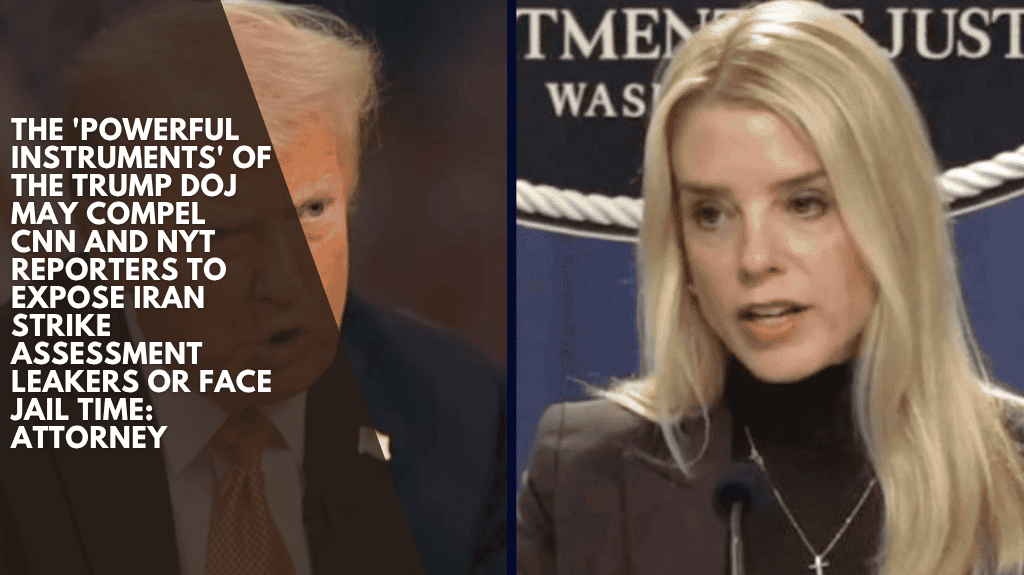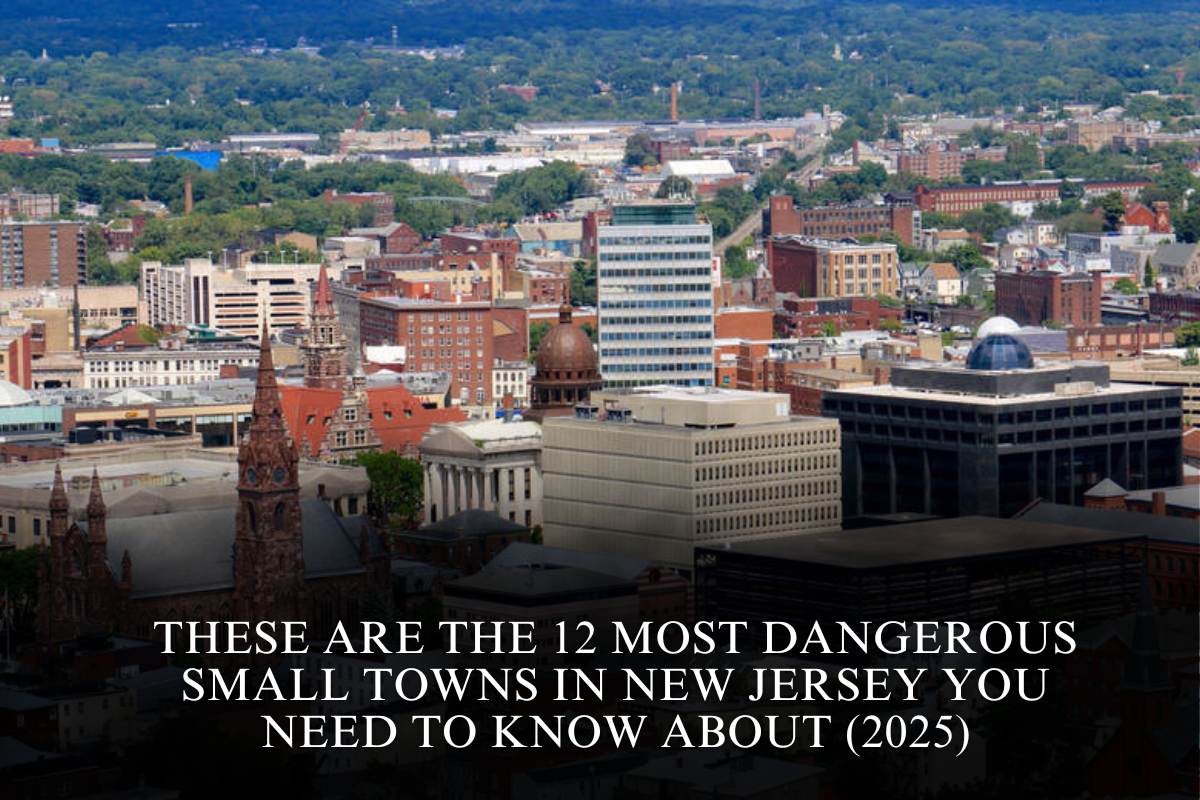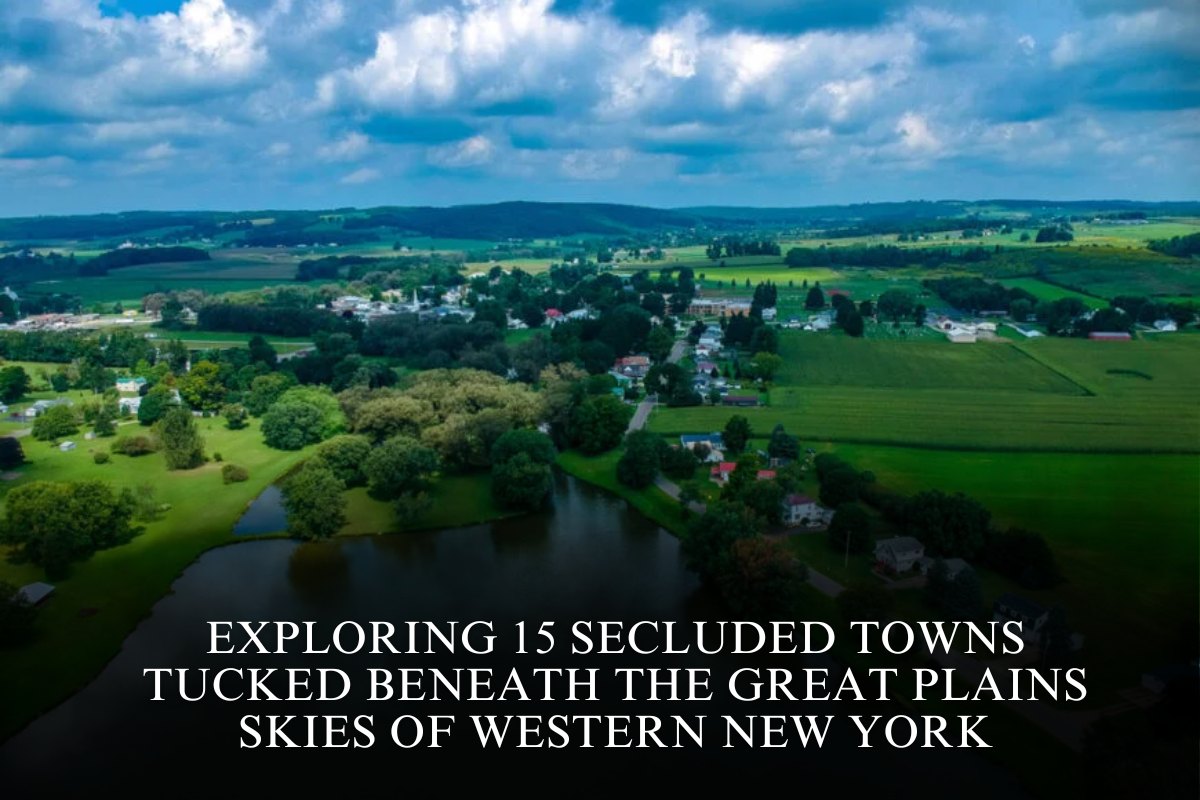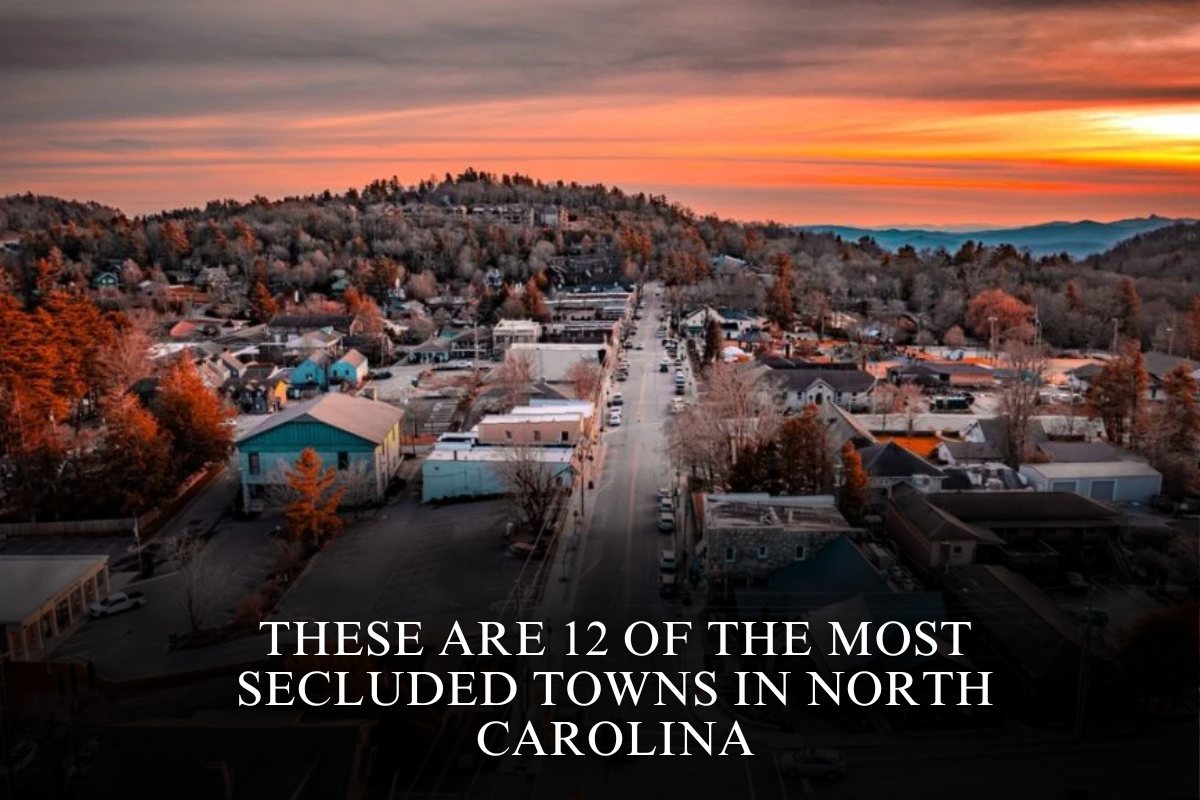After reporters from CNN and the New York Times, among other news organisations, published details of a “low confidence” intelligence assessment indicating that the US bomb and missile strike on Iran was not the “total obliteration” that President Donald Trump claimed, the administration appears to be considering using a DOJ policy change to compel journalists to reveal their sources amid a criminal leak investigation.
Several days ago, Secretary Pete Hegseth stated that the Department of Defence was collaborating with the FBI on a leak investigation to identify the source or sources who revealed the top secret battle damage assessment, because “CNN and others are trying to spin [the strike assessment] to make the president look bad when this was an overwhelming success.”
Notably, Hegseth’s language here closely tracked the memorandum that U.S. Attorney General Pam Bondi published in April, a policy update that rescinded Biden-era AG Merrick Garland’s rules and stated that the current DOJ “will not tolerate unauthorised disclosures that undermine President Trump’s policies, victimise government agencies, and cause harm to the American people.”
In the days following Hegseth’s remarks, Trump singled out CNN reporter Natasha Bertrand, and a private attorney for the president suggested suing CNN and the New York Times for defamation, prompting both news organisations to publicly defend their reporting.
However, the real emerging legal threat appears to be on another front, as Trump alluded to during an interview on Fox News’ Sunday Morning Futures.
During the interview, anchor Maria Bartiromo questioned the president about his Truth Social post calling for prosecution of “Democrats […] who leaked the information on the PERFECT FLIGHT to the Nuclear Sites in Iran.”
When Trump reiterated that “they should be prosecuted,” Bartiromo enquired, “Who specifically?”
“The people that leaked it,” Trump responded. “You can find out. “If they wanted to, they could easily find out.”
“You go up and tell the reporter, ‘national security, who gave it?'” he repeated. “You must do that. And I believe we’ll be doing things like that.”
Now, who is the “they” who could easily find out for national security purposes? Here’s where Bondi’s DOJ memo comes into play.
In the first lines of that memo, Bondi stated that federal employees “intentionally leaking sensitive information to the media undermines the Department of Justice’s ability to uphold the rule of law, protect civil rights, and keep America safe.”
“This behaviour is illegal and wrong, and it must stop,” Bondi added. “Therefore, I have concluded that it is necessary to rescind Merrick Garland’s policies precluding the Department of Justice from seeking records and compelling testimony from members of the news media in order to identify and punish the source of improper leaks.”
Ross Garber, a Tulane Law adjunct professor and attorney who has represented journalists and government officials in leak investigations, told Law&Crime that the Trump administration’s aggressive stance and policy shift may result in search warrants and grand jury subpoenas — and possibly worse.
Noting that “there is no federal shield law to protect the confidentiality of journalists’ sources,” Garber stated that Bondi’s removal of the Garland “guardrails” means that those who leaked the Iran strike early assessment to the media “should expect” to be discovered.
“The Trump/Bondi DOJ has made it clear that it will pursue leak investigations aggressively, without the constraints of previous administrations. Garber stated that they have powerful tools at their disposal, such as grand jury subpoenas and search warrants. “The sources of the leaked information should expect to be discovered.”
But what about the CNN and New York Times journalists who covered the assessment? As for Garber, they “should expect to be ensnared in the investigations, including by having their phone records and electronic communication seized and being subpoenaed to testify before a grand jury.”
Could those journalists face jail time if they do not reveal their sources? Garber said it’s “entirely possible.”
“It is entirely possible a judge will order them detained unless they comply, notwithstanding any promises of confidentiality they made to their sources,” he told reporters. “Journalists who obtain classified information are not without risk of prosecution themselves, particularly if they actively solicit the information or act outside what the Trump DOJ considers to be ‘lawful news-gathering activities.'”
Worse, if the journalists are accused of soliciting classified information leaks, they, like former Fox News reporter James Rosen and WikiLeaks’ Julian Assange, could face prosecution under the Espionage Act.
“In at least one publicly disclosed case, the Obama administration obtained a search warrant for a Fox News reporter’s (James Rosen) emails, deeming him a co-conspirator in violating the Espionage Act because he allegedly solicited classified information and aided and abetted the leak,” recalls Garber. “And Julian Assange was indicted under the Espionage Act for soliciting, receiving, and publishing national defence information.”
Trump was once charged under the Espionage Act in the Mar-a-Lago classified documents case, but a federal judge he appointed during his first term overturned special counsel Jack Smith’s appointment last July. Several months later, after Trump was inaugurated as president for the second time, the DOJ promptly dismissed the case.












